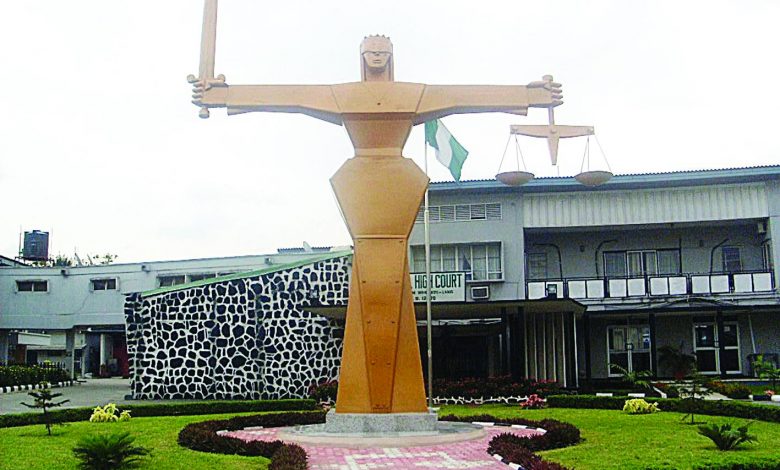
BY TONY OKAFOR
In a democracy, the court is not just a temple of justice—it is a beacon of truth, clarity, and finality.
The pronouncements of our judges ought to carry the unmistakable tone of precision, certainty, and justice—free from riddles, free from fog.
Unfortunately, in recent years, a worrying pattern has crept into Nigeria’s judicial landscape: ambiguous judgments—decisions that raise more questions than they answer; judgments so tangled in legalese and convoluted reasoning that even lawyers struggle to interpret them, let alone the layperson on the street.
This must stop.
A court judgment is not a crossword puzzle. It is not a riddle to be solved by senior advocates and judicial interpreters.
It is a public document meant to settle disputes clearly and guide behaviour—not to provoke fresh confusion.
When a judge speaks, the parties should know who has won, who has lost, and what must happen next—without needing to file a motion for interpretation.
It is a basic principle of modern legal drafting that judicial decisions must be unambiguous, understandable, and accessible to all.
Gone are the days when the majesty of the law was measured by how obscure or intimidating its language could be. Justice is not a secret code reserved for the initiated. In the 21st century, the trend globally—from the UK Supreme Court to the South African Constitutional Court—is toward clarity, brevity, and plain English.
Legal jargon should no longer be a badge of honour in Nigerian courts. When courts declare a law “null and void,” yet allow it to remain operational, or affirm an election result while casting doubts on its credibility without clear consequence, they leave behind confusion, not justice.
These are not harmless errors—they are dangerous precedents. Ambiguous judgments weaken the public’s faith in the judiciary. They leave room for political manipulation, misinformation, and even violence.
Let us be blunt: a court judgment that leaves in its trail confusion and chaos is not worthy of the bench from which it came.
We urge the National Judicial Council, the Nigerian Bar Association, and heads of courts at all levels to treat this issue with the urgency it deserves.
Judicial officers must be trained and retrained in modern legal writing. Young judges must be mentored to write clearly, decisively, and with the public in mind. Senior judges must lead by example. If there is a grey area in the law, it is the duty of the court to resolve it—not to worsen it.
A truly just judgment speaks to the mind and conscience of the nation. It brings finality. It guides future conduct. And most importantly, it speaks in a language that the common Nigerian can understand.
The judiciary must remember: it is not only what is decided that matters—it is also how it is communicated.
Let our judgments speak not in riddles, but in the voice of reason, clarity, and courage.




